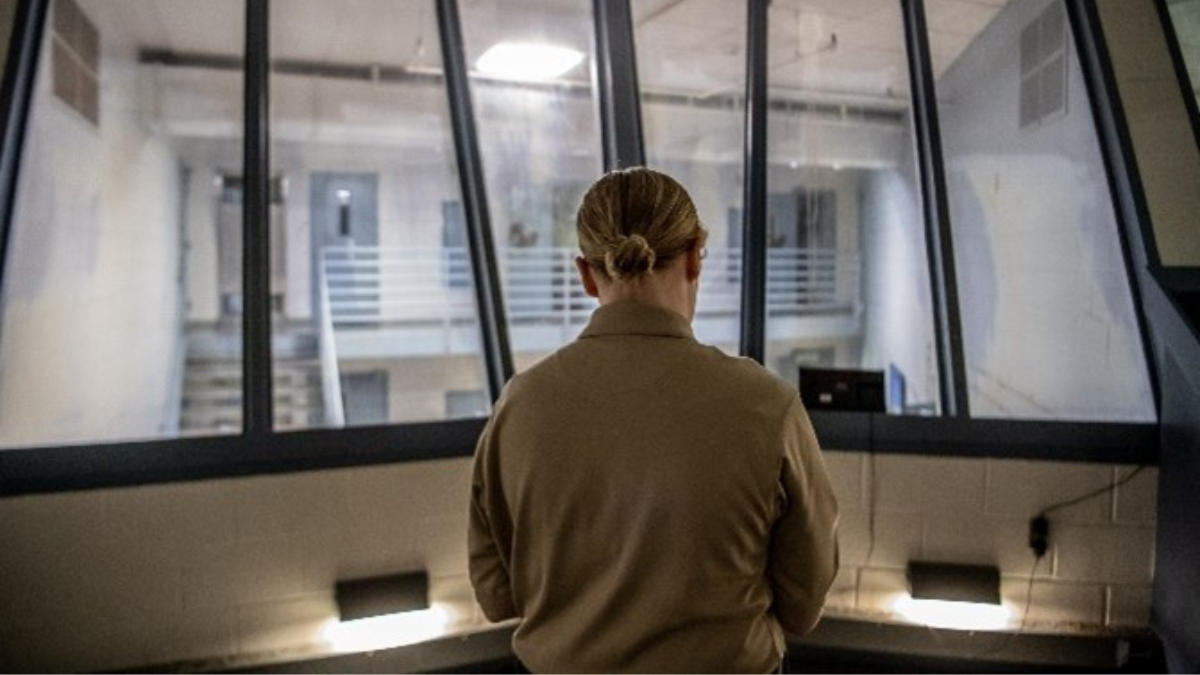U.S. Magistrate Judge Omar J. Aboulhosn ruled Monday that state employees intentionally destroyed emails and documents relating to a lawsuit alleging inhumane conditions at the Southern Regional Jail in Raleigh County.
In his weekly media briefing, Justice said if that happened, the guilty parties should be terminated or jailed.
“When people are directed to not destroy something, or to supply something, and then they just don’t,” Justice said. “I think that it will be a very long and difficult day for those folks.”
In the briefing, Justice referred to his Homeland Security Secretary Mark Sorsaia, who said nothing was intentional. He said there were administrative failures in preserving that evidence and some people were disciplined.
“At this time, we have no evidence that any individual or individuals intentionally destroyed evidence or took affirmative action to make sure that evidence was hidden from disclosure,” Sorsaia said.
Sorsaia did not say any employee was terminated and gave no details on the “administrative failures.” He said he disagreed with the judge on that issue.
“We will agree that there were some mistakes in that process by individuals and those individuals no longer have any responsibility for future discovery,” Sorsaia said.
In producing discovery evidence regarding the civil suit, the state was ordered to put a legal hold on the emails and documents that were later deleted. Sorsaia blamed an automatic email deletion policy regarding outgoing state employees.
“We discovered that the emails that they wanted belonged to people that had been gone more than five months,” Sorsaia said. “The IT department just routinely deleted them.”
Aboulhosn recommended a default judgment, holding the state liable for the charges in the lawsuit. Aboulhosn’s judgment will now go before District Judge Frank W. Volk to be confirmed. The defendants in the case have 14 days to object to the judgment and “modify or set aside any portion of the Order found clearly to be erroneous or contrary to law.”
The judge also ordered the court clerk to send a copy of the order to the United States Attorney to consider an investigation of the West Virginia Department of Corrections and Rehabilitations.
